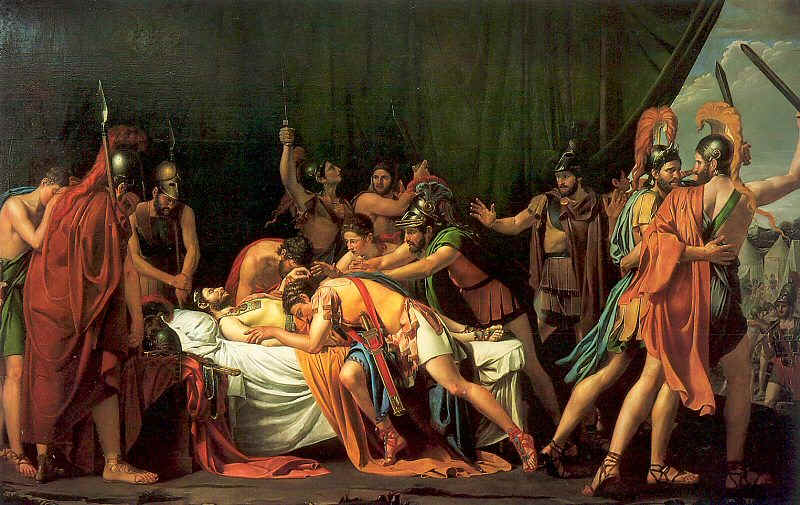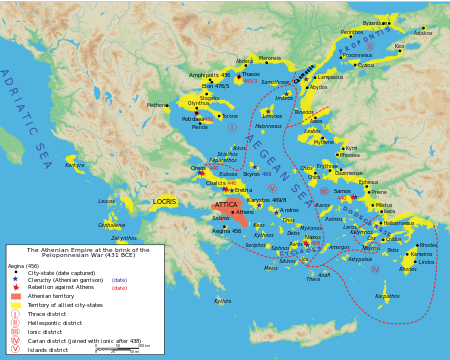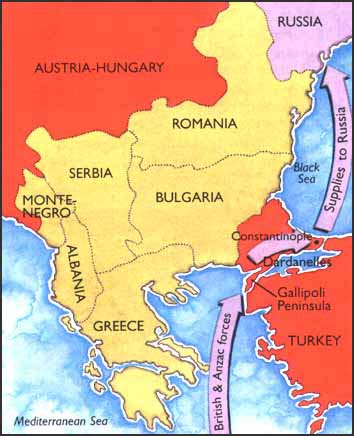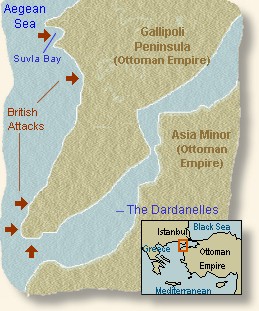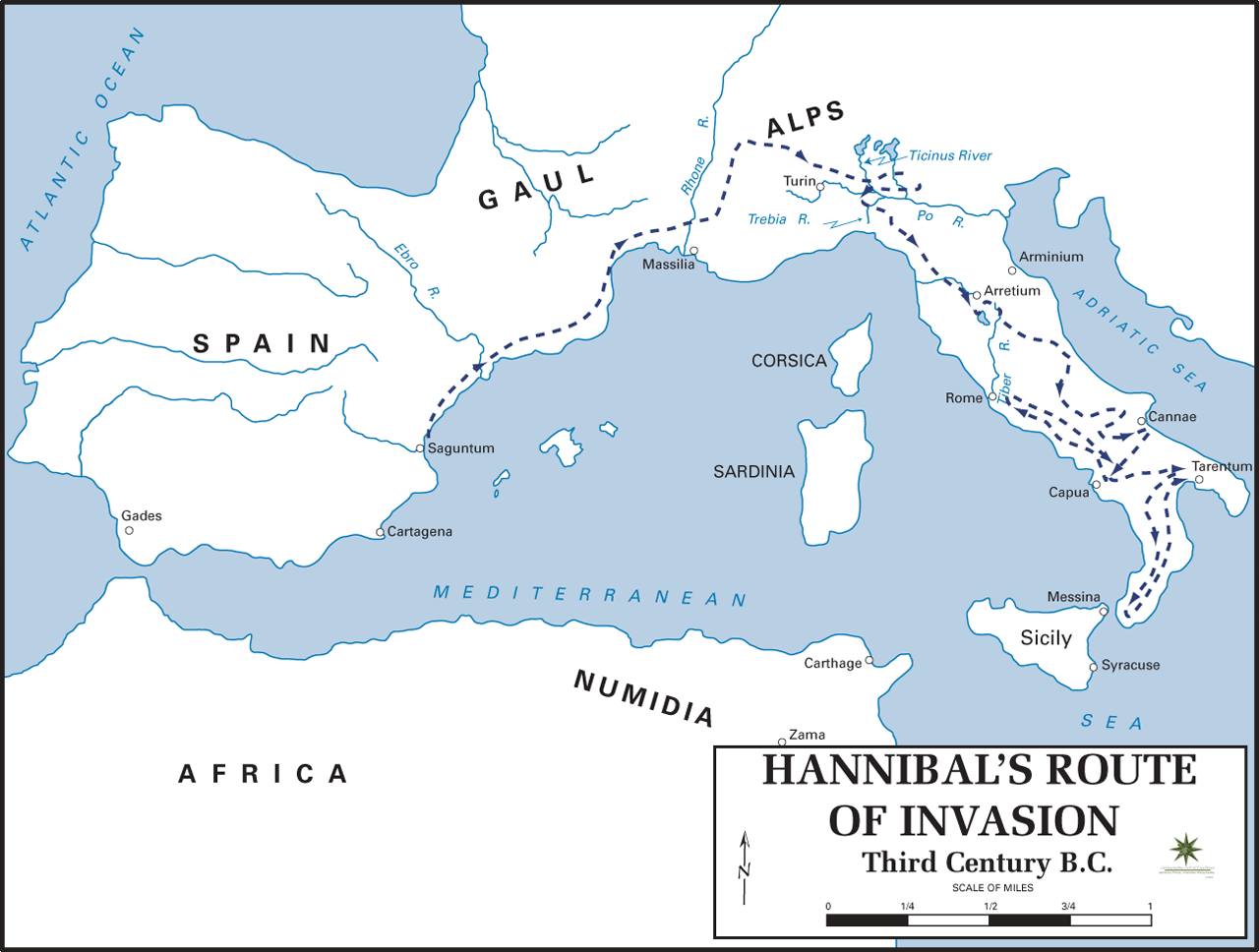Here is a portion of my study on the Greeks. It’s interesting to me how much history repeats itself. No one is free from the effects of the Five Laws of Decline, thus it’s important to comprehend them and recognize where they are actively at work. The LIFE Business systems are designed to check the FLD to ensure a “no special deals” culture and anyone can climb to the top based upon results. LIFE, in others words, rewards creators, not credentialist. Credentialist hide behind titles to demand rights, but creators lead from the front through serving others. The dream is to build something that last through having fun, making money, and making a difference, one person at a time. I hope you enjoy part one of the Peloponnesian War.
Sincerely,
 With Corinth actively for war, Sparta, as the leader of the Peloponnesian league, still held back. There were conflicting opinions within Spartan leadership. On one side, King Archidamus strongly opposed war, believing the confederacy, in its present condition, needed time before it was ready to face the Athenians. On the other side, Sthenelaidas, the ephor, argued for war immediately or he feared the alliance would break up and Sparta would stand alone against Athens. He believed the oppressor must be withstood immediately by actions, not words, for the honor of Sparta was at stake. When the question was put to the assembly – whether Athens had broken its treaty – a large majority voted in the affirmative and war was declared. Surprisingly, it still took nearly a year before any hostilities broke out as Sparta continued to look for a political solution to the impasse. Nevertheless, when King Archidamus, with his army marching into Athenian territory, sent a final envoy to negotiate a settlement, the Athenians refused to admit him. He was sent away without hearing after being told that no negotiations would occur while the Spartans were in the field. As the envoy departed the Athenian escorting him to the border lands, he uttered the prophetic melancholy words, “This day will be to the Hellenes the beginning of great calamities.” Thus, the destruction of Greek nation was foretold with the beginning of the Peloponnesian War.
With Corinth actively for war, Sparta, as the leader of the Peloponnesian league, still held back. There were conflicting opinions within Spartan leadership. On one side, King Archidamus strongly opposed war, believing the confederacy, in its present condition, needed time before it was ready to face the Athenians. On the other side, Sthenelaidas, the ephor, argued for war immediately or he feared the alliance would break up and Sparta would stand alone against Athens. He believed the oppressor must be withstood immediately by actions, not words, for the honor of Sparta was at stake. When the question was put to the assembly – whether Athens had broken its treaty – a large majority voted in the affirmative and war was declared. Surprisingly, it still took nearly a year before any hostilities broke out as Sparta continued to look for a political solution to the impasse. Nevertheless, when King Archidamus, with his army marching into Athenian territory, sent a final envoy to negotiate a settlement, the Athenians refused to admit him. He was sent away without hearing after being told that no negotiations would occur while the Spartans were in the field. As the envoy departed the Athenian escorting him to the border lands, he uttered the prophetic melancholy words, “This day will be to the Hellenes the beginning of great calamities.” Thus, the destruction of Greek nation was foretold with the beginning of the Peloponnesian War.
The destruction incurred by both leagues in this war should have brought both sides to their senses; instead, it brought both to their knees. Even after the plague hit Athens and tens of thousands were dying from this unknown killer, Pericles remained undaunted. At the suggestion of send a peace envoy to Sparta, Pericles appealed to the glory of empire. Historian Evelyn Abbot describes the effect power had upon Pericles’ mindset:
War was a great evil, which no city would bring upon herself, if it could be avoided, but loss of independence was a greater evil by far, and, when the choice lay between the two, there could be no room for hesitation. Pericles then pointed out that the evils which had overtaken the Athenians, however disastrous to individual citizens, left the strength of the city unimpaired. Their chances of victory were as good as ever. Their navy was still the greatest in the world; they were absolute masters of the sea; and not even the Great King could prevent their vessels from sailing wherever they chose. What was the loss of houses or lands to men who possessed such a power? So long as they preserved their freedom, they could quickly recover what had been lost; but if they became the servants of others, they would lose not freedom only, but all that freedom brings with it. Their ancestors had won a great empire, were they unable even to maintain it ? Far be such a disgrace from them! It was the possession of this great empire which made the position so critical. ” Do not imagine,” Pericles said, “that you are fighting for a simple issue, freedom or slavery. You have an empire to lose; you are exposed to the hatred into which your imperial policy has brought you. Your empire is a tyranny, which in the opinion of mankind has been unjustly acquired, and which you cannot safely surrender. It is too late to play the honest man ; and those who advise such a policy will bring the state to ruin.”
“No! we must hold on our way, and tread the path of glory. Our city has the greatest name in all the world because she has never yielded to misfortunes, but has sacrificed more lives and endured severer hardships in war than any other; wherefore also she has the greatest power of any state up to this day, and the memory of her glory will always survive. Even if we shall be compelled at last to abate somewhat of our greatness (for all things have their time of growth and decay) yet will the recollection live, that of all Hellenes, we ruled over the greatest number of Hellenic subjects, that we withstood our enemies whether single or united, in the most terrible wars, and that we were the inhabitants of a city endowed with every sort of wealth and greatness. The indolent may indeed find fault, but the man of action will seek to rival us, and he who is less fortunate will envy us. To be hateful and offensive has ever been at the time the fate of those who have aspired to empire. But he judges well who accepts unpopularity in a great cause. Hatred does not last long, and, besides the immediate splendor of great actions, the renown of them endures forever in men’s memories. Looking forward to such future glory and present avoidance of dishonor, make an effort now and secure both. Let no herald be sent to the Lacedaemonians, and do not let them know that you are depressed by your sufferings. For the greatest states and the greatest men, when misfortunes come, are the least depressed in spirit and the most resolute in action.”
Lord Acton stated, “Power corrupts; absolute power corrupts absolutely.” In reality, power reveals the corruption already within people. Pericles, when given a choice between enjoying peace as one of the leading city-states of a free Hellas, but without absolute power, or destructive war with the possibility of becoming the most powerful city-state with absolute power, he resolutely chose the latter.









